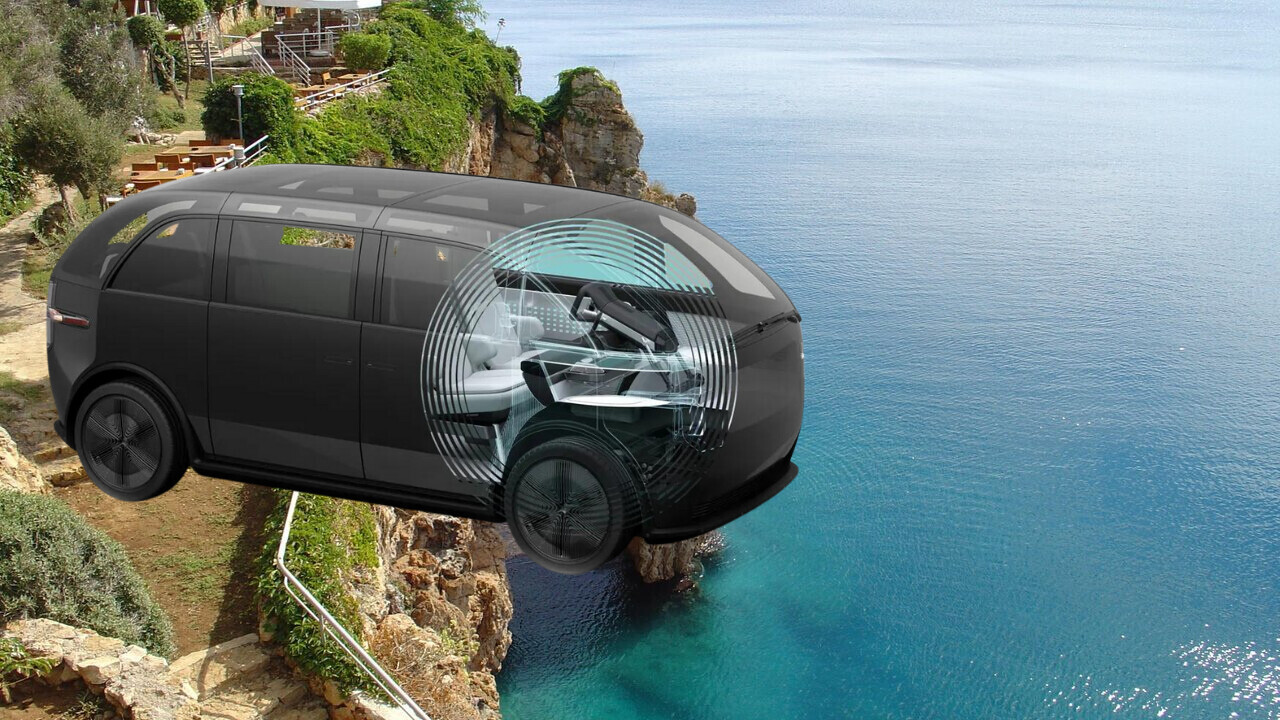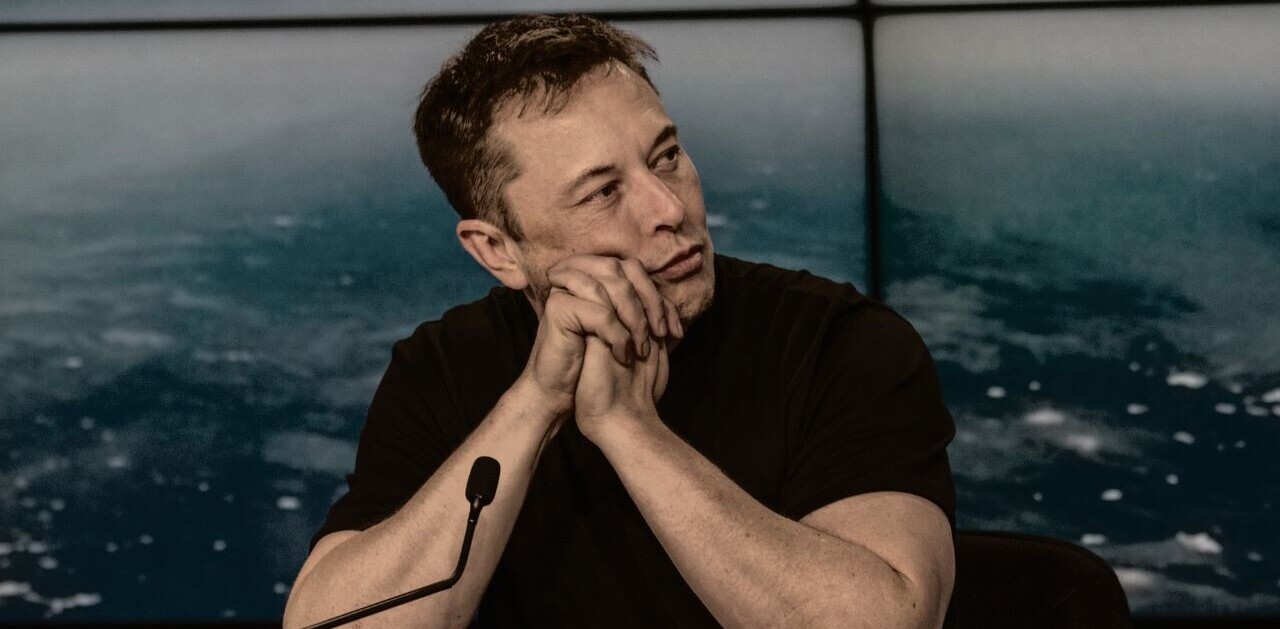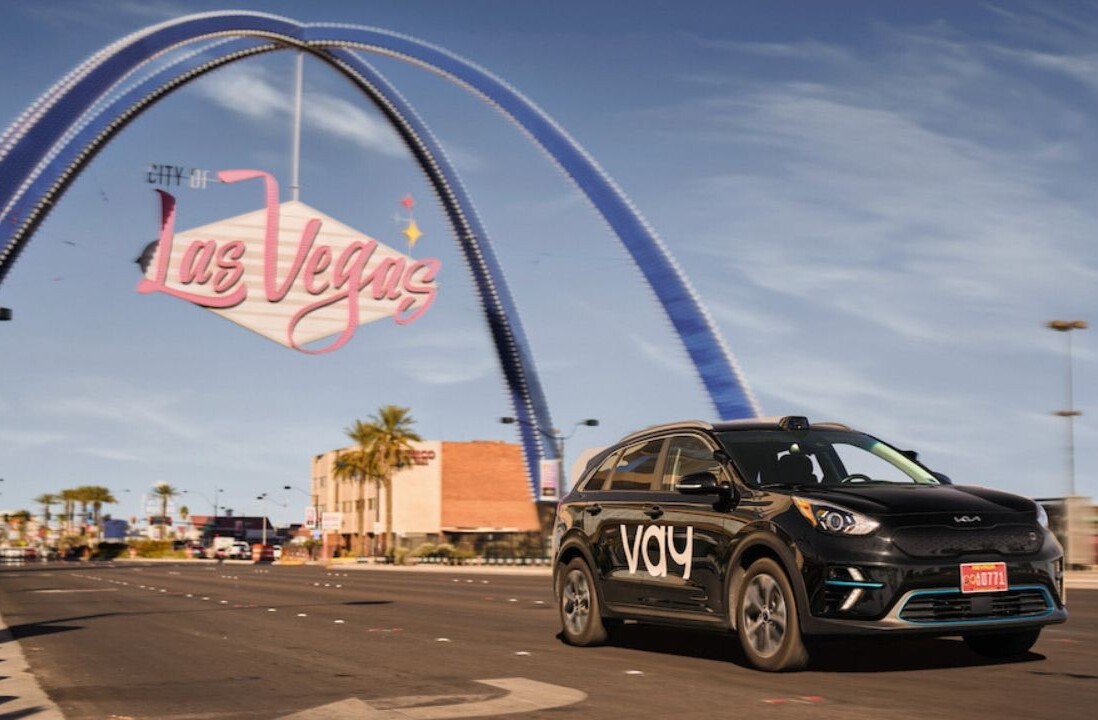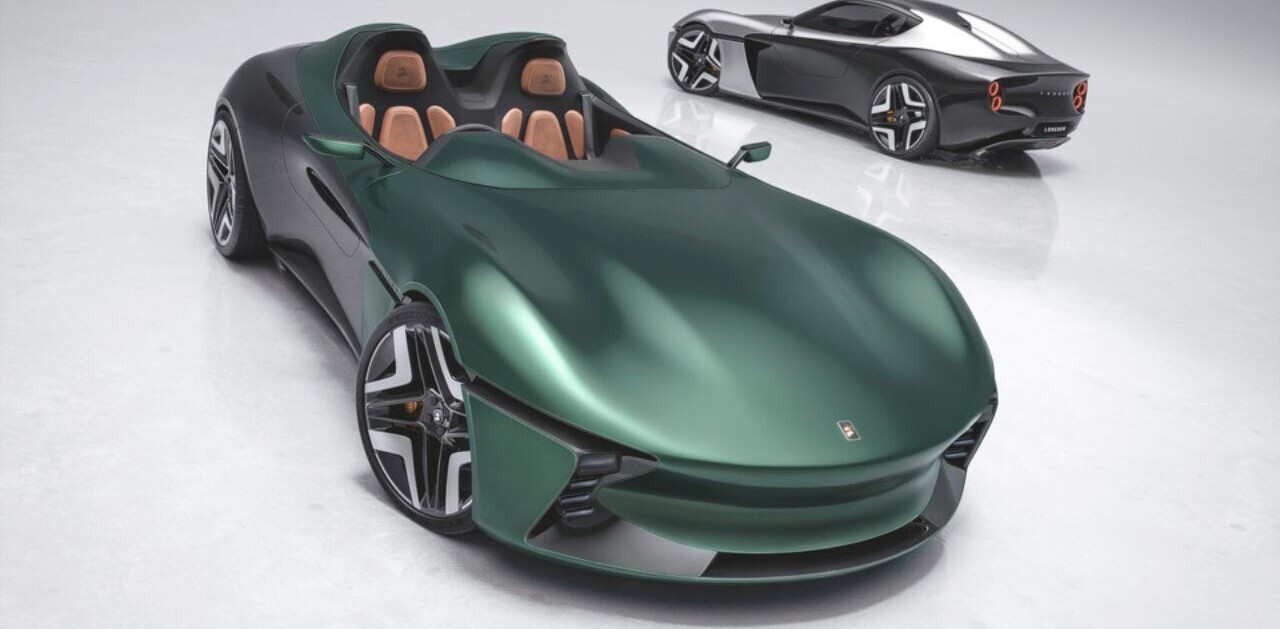
Next time someone tells you that Tesla needs more competitors, tell them that bringing a new EV to market — especially one manufacturing in the US, is no easy feat, as all-electric van startup Canoo revealed this week.
The company, founded in 2017, announced first quarter results yesterday, and there are some alarming details.
There are alot of big numbers and technical terms for those of us without a degree in finance or accounting. But let’s take a look at who Canoo is, its offerings, and what its financial woes might mean for the company.
Canoo’s funky designs

Canoo kicked off its subscription-based business with the Lifestyle vehicle in 2019, an electric van that a buyer could configure to suit different use cases such as delivery or passenger carrying.

Since then, they launched MPDV — a multi-purpose delivery van, and the Canoo Pickup Truck (poised to launch in 2023).
On the one hand, things were looking bright. NASA selected Canoo to provide Crew Transportation Vehicles (CTVs) for crewed Artemis lunar exploration launches last month. But looking beneath the cool product pics reveals a more concerning story.
Whoa, that’s a big loss
Just this year, Canoo lost $125.4 million over the last three months, compared to a loss of $15.2 million in the first quarter of 2021. That’s a colossal loss in anyone’s maths.
A regulatory filing from Canoo warned:
“If we are unable to obtain sufficient funding or do not have access to capital, we will be unable to execute our business plans and could be required to terminate or significantly curtail our operations, and our prospects, financial condition, and results of operations could be materially adversely affected.”
It’s not looking good. Worse, it’s not the company’s only challenge.
The talent drain
Since 2019, it has lost two CEOs: original co-founder and CEO Stefan Krause, and, most recently, CEO Ulrich Kranz (who now works for Apple’s iCar division). Other departures include general counsel Andrew Wolstan and CFO Paul Balciunas.
As I’ve asserted before, senior execs move around. But to lose two CEOs in less than five years, before you get your first product into a customer’s hands, is hardly a good omen.
A business opportunity lost

In 2020 Canoo planned to partner with Hyundai to co-develop EVs, but parted ways in 2021 due to a business model change.
The company merged with SPAC company Hennessy Capital Acquisition Corp. for fundraising in December 2020. In May last year, Canoo was investigated by the US Securities and Exchange Commission (SEC). This was regarding the SPAC as well as operations, business model, revenues, revenue strategy, customer agreements, earnings, and other related topics.
Then, earlier this week, Canoo filed a suit against its second-largest shareholder, Pak Tim Li, owner of DD Global, and one of the three original investors in Canoo in late 2017. demanding that the firm pay back more than $61 million in “short-swing profits.” Short swing profits mean an investing company wrongfully benefits from share sales.
The company attempted to appease investors this week. It claims it still has “more than $600 million in accessible capital to support start of production.”
This includes $300 million in total funding via a committed Private Investment in Public Equity (PIPE) from an existing shareholder and an equity purchase agreement with financing partner Yorkville Advisors.
Canoo claims it has received more than 17,500 pre-orders with a projected value of $750 million.
Can Canoo’s vision become a reality?
I have my doubts, and I’m not the only one.
In May last year, industry analyst publication WardsAuto gave Canoo a survival score of 1 out of 10, questioning their assertion of pioneering technology, noting, “None of the company’s literature describes anything that no one else is doing.”
So I have to wonder, is the EV market becoming too crowded? We have Lordstown Motors, Workhorse, Faraday Future, Nikola (erm, yeah), Lucid Motors, Fisker, Rivian — Lots of money, talent, and vision, each with its own specific competitive advantage.
I’m also honestly curious. Are people still buying vans in a place like the US with its pickup trucks and SUVs? The pickup truck may prove to be more successful.

Further, can Canoo really undercut the prices of its competitors as it asserts? Currently, a VW ID Buzz retails for $58,000 ( €55,000), the Ford E-Transit $46,295 (€43,900), and Canoo’s lifestyle van a mere $34,750 (€32,964).
The company should be worried in light of the industry’s current supply chain and chip shortages. Given the company’s unproven track record in developing three vehicles but yet releasing a single one, I’m unconvinced they’ll be at the front of the list for parts manufacturers.
Bet they wish they’d kept that partnership with Hyundai.
But its struggle is nothing new for auto startups, and it’s a sector that never fails to surprise me. We should commend anyone with a positive vision for disruptive change. I just hope it becomes a reality.
Get the TNW newsletter
Get the most important tech news in your inbox each week.




